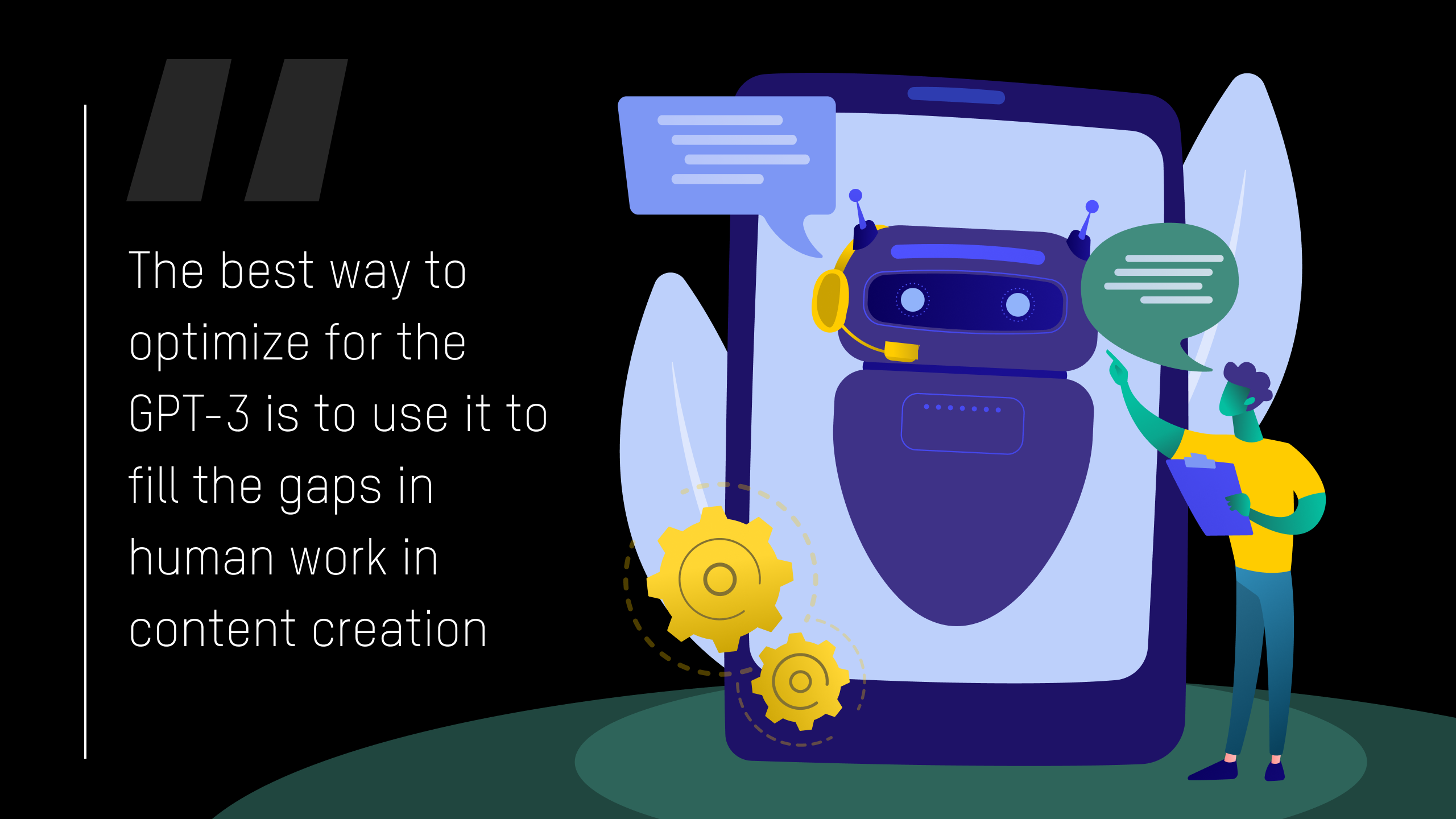With the arrival of the GPT-3, will automated content generation be the future of SEO?
In July 2020, research firm OpenAI surprised the public with the release of the Generative Pre-Trained Transformer 3 (GPT-3). The GPT-3 is the third iteration of the high-powered language prediction model, the GPT.
What is the GPT-3?
The GPT-3 is the most powerful AI-powered language generator yet. It surpasses the capabilities of its predecessors—the GPT-1 and GPT-2—with an astounding 175 billion parameters.
The GPT-3 is fully capable of writing meaningful content 500 times faster than humans. It’s trained on gigabytes of text data on the internet, enabling it to generate almost human-like content.
In addition, the GPT-3 has an excellent command of grammar and an extensive vocabulary. It can adapt to different styles and tones of writing—practically eliminating the need for human intervention.
With its advanced capabilities in text generation, this language model is a great alternative, if not a potential replacement, for human-written content.
How will GPT-3 benefit the SEO world?
The arrival of the GPT-3 paves the way for the steady rise of AI-written content. More and more businesses can integrate auto-generated content into their websites to reduce costs and improve overall productivity. But it won’t eliminate the need for human-written content. Businesses will likely prefer the organic approach to writing even with the introduction of GPT-3.
But it does pave the way for more AI-written content on SERPs. The GPT-3 is said to make content from content mills obsolete. In fact, many believe that as soon as this language model becomes more accessible, businesses will be able to produce better quality content and at a faster pace. This will reduce the amount of poor-quality content on websites and even help lower businesses’ marketing costs.
Will the GPT-3 affect SERP rankings?
Using AI-generated content won’t pose a ranking threat in the near term. Since auto-generated content promises better quality, it may even help them rank higher on SERPs. But some are concerned that Google might change its algorithm and penalize auto-generated content.
However, Google made it clear that it has no intention of penalizing auto-generated content any time soon. The search engine only plans to take action against content that intends to manipulate SERP ranking.
How will the GPT-3 help in content creation?
For some, the best way to optimize for the GPT-3 is not to depend on it solely but to use it to fill the gaps in human work. Businesses can use the GPT-3 as a supplemental tool in content creation.

For instance, this language model can be used for low-level concerns such as grammar and tone while high-level concerns are left to content specialists themselves.
Furthermore, there are other uses of GPT-3 aside from content generation. It can also be utilized for other language processing tasks like paraphrasing, topic optimization, language translation, and summarization.
Using this AI-powered language model can help content specialists produce polished output with more efficiency. This doesn’t just boost their productivity but also reduces operating costs—which is a win-win.
While it has limitations, the GPT-3 brings incredible benefits to the world of SEO. Although the world isn’t entirely ready to let this AI-powered solution dominate the landscape, some are willing to embrace it as an ally.



